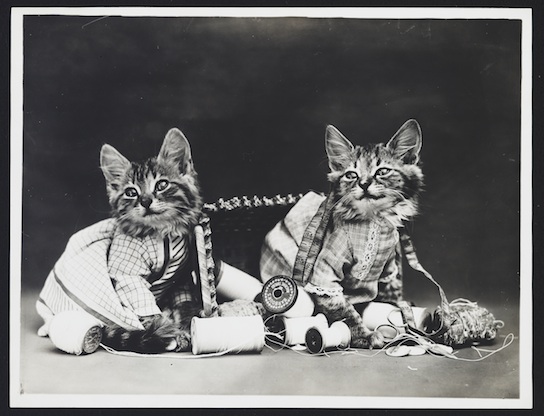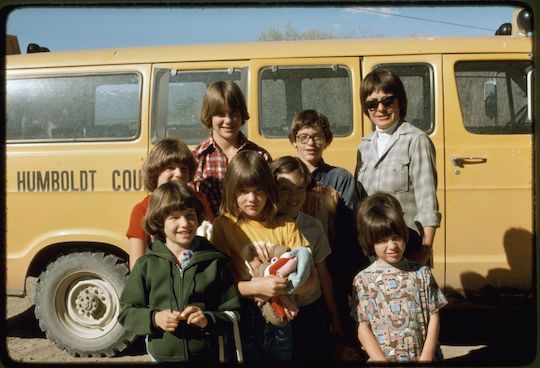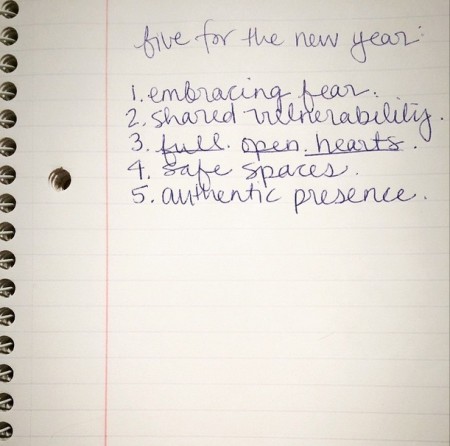I spent much of this past week at the beach with no wireless access. All of the adults (10 of us) were slightly annoyed by not having access, but as we were soon entertained by one of the children (5 of them under 8), no one was too terribly bothered. And it was nice to not be chained to a laptop, to knit and listen to family stories, to play cards with the little ones, and to color princesses with my niece.
I wrote a blog post about being surprised, and how rare that really is these days. Here’s part of it below:
“Given that I live in the world today, with its daily tragedies and horror stories from somewhere in the world, I, like you, don’t get surprised often. It takes a lot to generate true feelings of “wow.†In fact, these days, unless you’re a weasel riding a woodpecker or some newly discovered animal trick (like learning why octopi carry around coconuts) I’m pretty much left unshaken. So, most days I am begging internally for something to surprise me, even if I didn’t fully recognize it until yesterday.
But hearing the reaction from the family members of the Charleston victims, had me gobsmacked. In the best, that-is-amazing kind of way. And it took my days to digest such a powerful act. However, it’s not surprising given that the victims were shot in a place of worship and came from families of faith. But in today’s news, when so many so-called churches are preaching hate and intolerance, their response of forgiveness surprised me in the best of ways.
Their response showed more strength than ten times the number of individuals. It shows true down-to-the-bone strength that may bend, but never break. And it’s such a rare true thing that people fully listen to what they have to say and are on their side even more. They are not seen as weak, but as tough. And good. I can’t think of another time in my life where the actions of strangers have reduced me to tears. But they showed us what it is to be fully human. And as a result of their forgiveness they will heal. Perhaps not fully from their great loss, but they will not become consumed by hate.”
And then, today, I was surprised again. This time by such good news that I could barely contain myself, as this now means that many of my friends have the opportunity to get married in their own home states.
Despite the one hater in this video, it’s been great to check out the #LoveWins hashtag on Twitter and see tons of happy Facebook posts about SCOTUS’ ruling.
After a few sad weeks here in the US and being shaken by acts of ignorance followed by acts of forgiveness, one which made you question humanity, and another that made you fall in love with it more, today’s win for love, was another surprise, but this time it was a welcome one.
And you know what? Such amazing news of equality just feels good. Deep down into your bones good. It’s been a long time since U.S. news had this big of a win, really, given the news normally reported. I think I’m going to savor this moment of feeling good tonight. And take in how good it feels to be happy about something our government did, something that affected so many people. Because these days are rare and few and far between.
So take a minute and digest it, too. Let it sink into your bones and fill you up. Let yourself be happy with the happy today. And joyful that for today at least, love truly does win.



